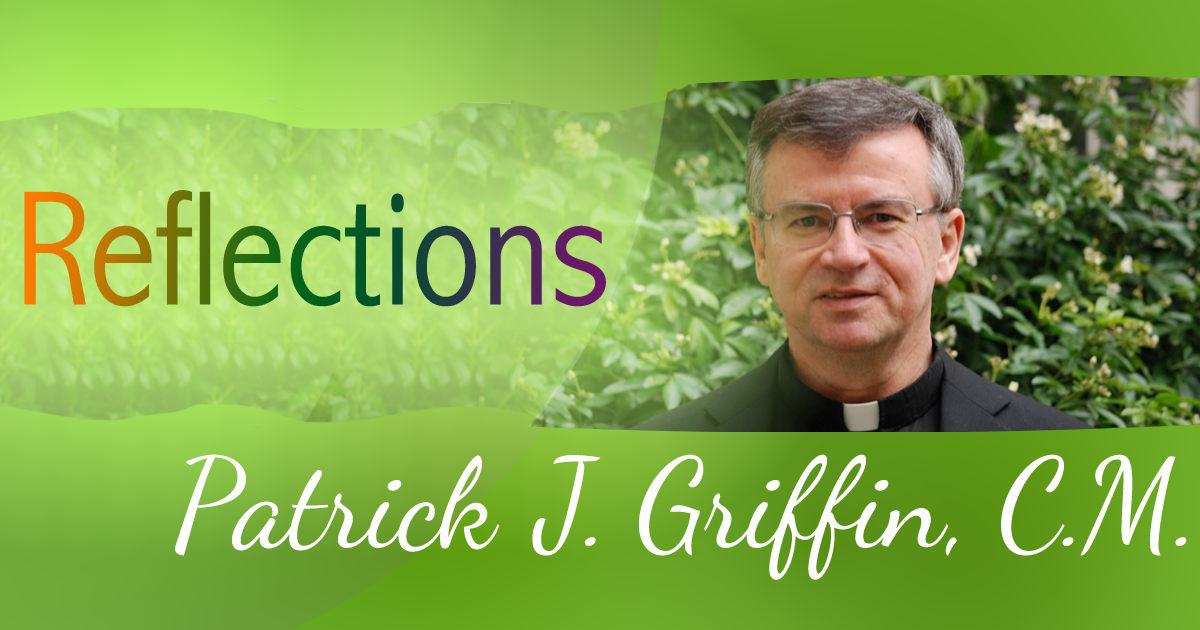A Vincentian View: “Give me your tired, your poor”

Vincentian View: “Give me your tired, your poor”
When I was in grade school, I memorized lots of material for different subjects. This included much of the Baltimore Catechism. One recalled poem has been making an appearance in my mind more frequently in these days. I often think of it when I see the torch in the tower of the D’Angelo Center lit; I thought about it during the recent State of the Union; I thought of it only last Friday at an STJ presentation on DACA and the Dream Act. You are familiar with it:
“Give me your tired, your poor,
Your huddled masses yearning to breathe free,
The wretched refuse of your teeming shore.
Send these, the homeless, tempest-tossed to me,
I lift my lamp beside the golden door!”
We recognize these lines as part of a poem by Emma Lazarus which is engraved on a plaque at the Statue of Liberty.
I can still recite this poem at the drop of a hat and I even remember a sung version of it. When I pay attention to the content, I see the way in which the first four verses are unrelenting in the way in which they describe the people summoned: your tired, your poor, your huddled masses, the wretched refuse, the homeless tempest-tossed. The phrases could not be any clearer regarding the resources—or, rather, lack or resources—of those sought. They are roused by a lamp held high and the promise of a door which opens into possibility. How many have been drawn and blessed by the import of these words! As a child of Irish immigrants who came to this country after World War II, a certain emotional attachment clings to the phrases.
As a member of the Vincentian family, the words have an added edge. Vincent de Paul could easily have lifted his voice in affirming the intent of this poem and its attitude. He was attracted to those who were in need and without hope. He drew these people to himself with a respectful and energetic compassion which valued their dignity and empowered their decisions. Those collaborators who joined their efforts to those of Vincent—especially the wondrous Louise de Marillac—embraced his vision of the poor as bearing the image of Christ.
Vincentians can hear the words penned by Lazarus as an expression of their spirit. Drawn to those who are most in need, we want to respond with respect and compassion. We hear the last line of the poem:
“I lift my lamp beside the golden door!”
The illumination which we provide is the light of Christ. The door which we open leads into our ministries and opportunities. We can ask that the Lord make us generous in the welcome which we extend and the hope which we offer.







Thank you!
Dear Father Pat,
Missing your “days of reflection” it is a gift to read those you provide for Famvin.
Thank you for offering the Vincentian view of our nation’s welcome of the poor, the huddled masses, the homeless.